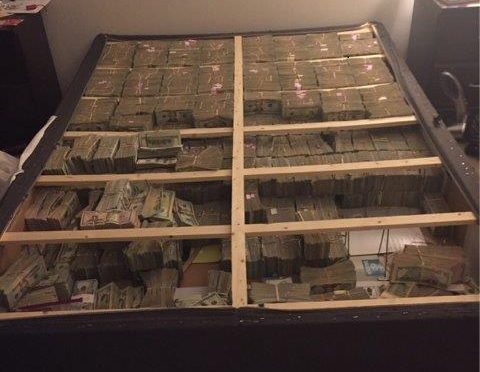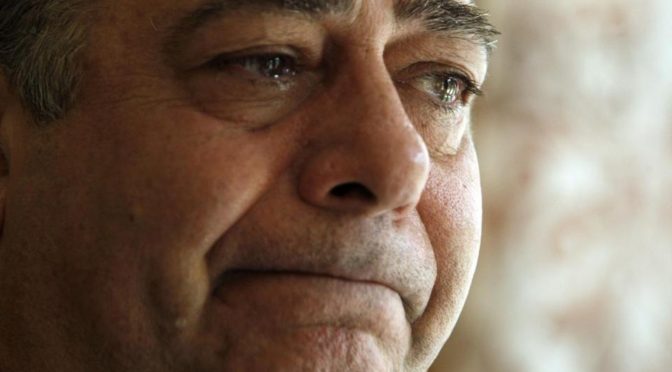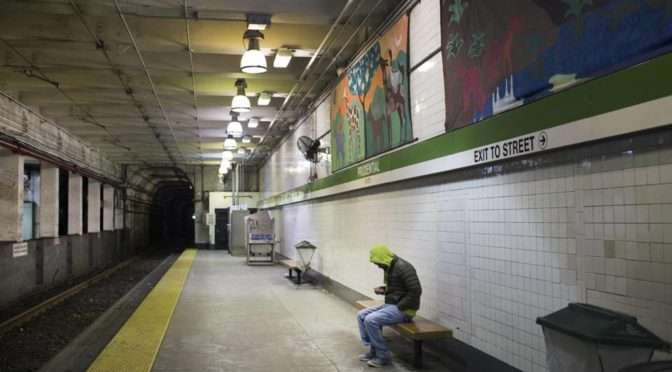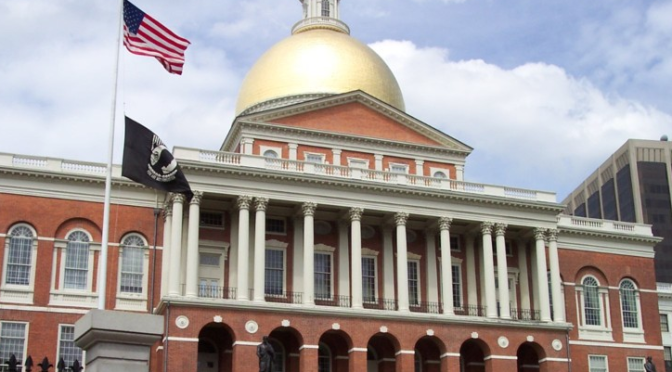The idea that people “hide money under the mattress” is typically a joke. The vast majority of responsible adults choose much more responsible methods of storing their physical wealth. For example a bank, the stock market, even a safe. But surely there is still some percentage of the population that stores money in mattress-related locations. It’s probably not a ton of money. Maybe a few hundred dollars in cash for emergencies. Maybe a couple thousand dollars you made at a garage sale that you don’t want the IRS to know about. But not more than that, right? Well…
Recently, Federal Agents in Boston revealed a photo that shows the age old practice of mattress money stuffing is still very much thriving. It’s especially thriving among illegal immigrants who are running a massive telecommunications pyramid scheme!
Late last night in Westborough, Massachusetts, agents served a search warrant to a telecommunications company called TelexFree Inc. Several arrests were made and important documents/computers were seized. At the same time, using information from a cooperator, agents also searched a nondescript one bedroom apartment nearby.
The apartment was pretty normal. One bedroom, one bathroom, living room, small kitchen. Monthly rent is around $1600. So you can imagine the shock when agents searched under the queen-sized mattress and discovered a box spring stuffed with $20 million in illegal cash 🙂
Police arrested the apartment’s resident, a 28 year old Brazilian man named Cleber Rene Rizerio Rocha, on charges of conspiracy to commit money laundering.
TelexFree first made headlines back in April 2014 when agents swooped in and arrested several former executives of the telecommunications company. According to authorities, TelexFree operated a pyramid scheme that preyed upon Dominican and Brazilian immigrants. TelexFree advertised itself as a substitute to landline phone services through the sale of its VOIP program, 99TelexFREE.
But that’s not all. TelexFree also promised customers big returns on a passive income scheme involved advertising 99TelexFree. Investors paid a $50 fee on top of an additional $300 – $1400 to purchase advertising kits. Customers would then advertise the VOIP services to their friends using these kits. A participant who spent $1400 advertising these VOIP kits could supposedly earn a return of $3675.
In total, this scam helped TelexFree generate just $1.3 million worth of new VOIP revenue while collecting more than $1.1 BILLION in service fees from its participants.




